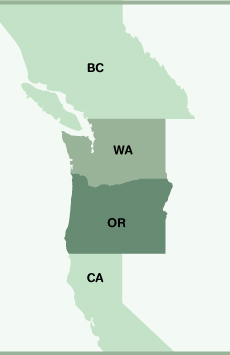Extended Producer Responsibility (EPR) Framework Policy was adopted by the CIWMB on January 23, 2008. The new EPR Framework Policy shifts the responsibility for managing products at the end-of-life from local governments to producers who can internalize the costs of product collection, transportation, and recycling/disposal.
The new policy provides stronger state regulations, realistic product selection and goal setting, and flexible oversight of product stewardship programs managed by...
